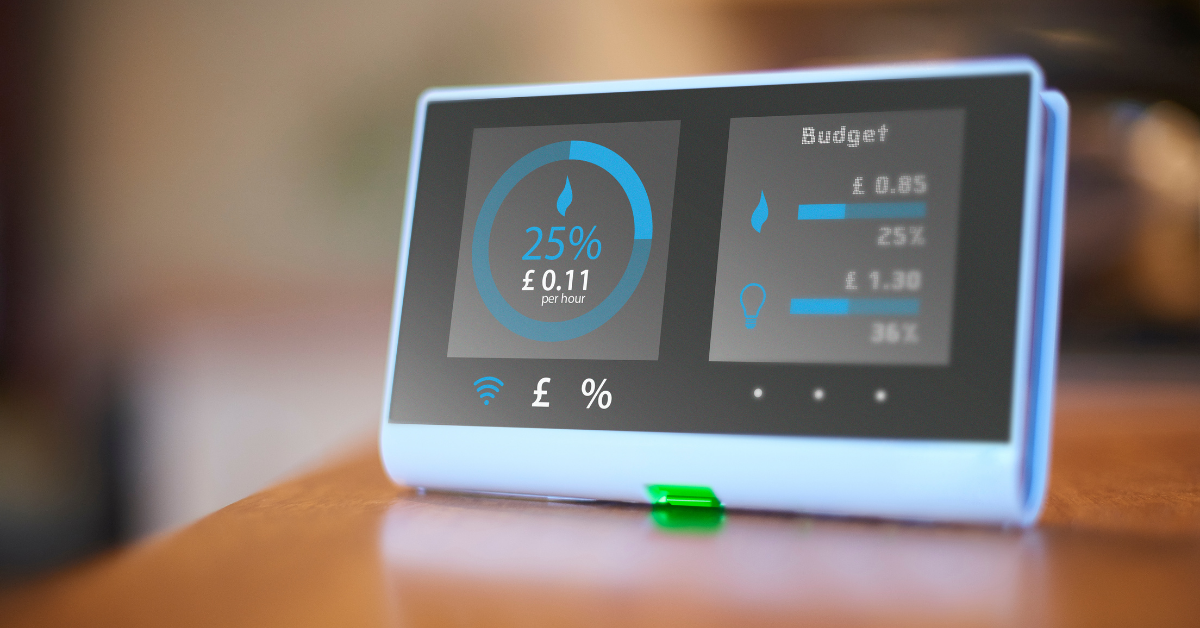Total number of DCC connected Smart Meters surpassed 12.5 million in June
According to data from the Data Communications Company (DCC) the number of smart meters across the UK now connected to the DCC smart network surged passed the 12.5 million figure in June as the smart meter rollout recovery continued apace.

Number of SMETS2 Meters passes 8 million
The DCC data also showed that there are now more than 8.2 million second generation smart meters now connected to the network.
Energy suppliers have stepped up their efforts to install as many smart meters as they can into their domestic customers households in recent months as they struggle to fill the backlog created by the government imposed lockdowns.
According to the DCC the current average daily connection rate for SMETS2 smart meters is now around the 17,877 mark.
The first generation SMETS1 smart meters continue to be installed in large numbers despite concerns over their functionality.
In June, a total of 4,305,336 were shown to now be connected to the DCC network. Energy suppliers and smart meter manufacturers have put a lot of effort into improving SMETS1 meters following numerous complaints that they go ‘dumb’ when a consumer switches to a new supplier.
Energy suppliers now have until January 1st, 2022, before the new smart meter rollout obligations are due to be introduced. The impacts of the Covid-19 pandemic caused the Department for Business, Energy, and Industrial Strategy to defer from the original date of July 1st.
Also read: Energy Suppliers given more time as new smart meter rollout obligations deferred until January 2022
Challenges of convincing consumers to get smart meters remain
Energy suppliers are still encountering numerous challenges when it comes to convincing their customers to adopt smart meters. Nearly every week there is a negative story in the media about them that harms their reputation and does little to encourage trust in the technology.
A recent YouGov poll showed that just 7% of smart meter owners don’t believe the meters save them money on their energy bills. The data also showed that nearly 4 million smart meter owners don’t operate them in ‘smart’ mode, rendering them effectively useless.
The energy industry needs to do more to counter these negative headlines by educating consumers on their benefits both to their finances and the wider environment.
During installation, the energy supplier should give instructions to the consumer on how to use their new smart meter properly as well as give them detailed information on how it is a benefit to them.
The DCC website is a good source of such data and the figure that says that smart meters have cut 362,408 tonnes of carbon emissions since the start of the year is a good one to use on the more environmentally concerned consumer.
A knowledgeable consumer base, knowing all the benefits of having smart meters, should be eager to make the switch.
Also read: Debunking the most common myths about Smart Meters
Dyball Associates SaaS DCC Adapter aims to provide a simple, effective complete service that allows you to concentrate on your core business activities. Click the button to find out more!
Further Reading
New research shows that Energy Suppliers are restricting tariffs for customers with smart meters
Dyball Associates are proud to help new supply businesses successfully launch in the UK market.
Through our energy market consultancy services, and the software we've developed, we're supporting new UK electricity and gas suppliers get set up and start supplying.
Follow us on LinkedIn to keep up to date with the latest news and updates in the energy industry.




